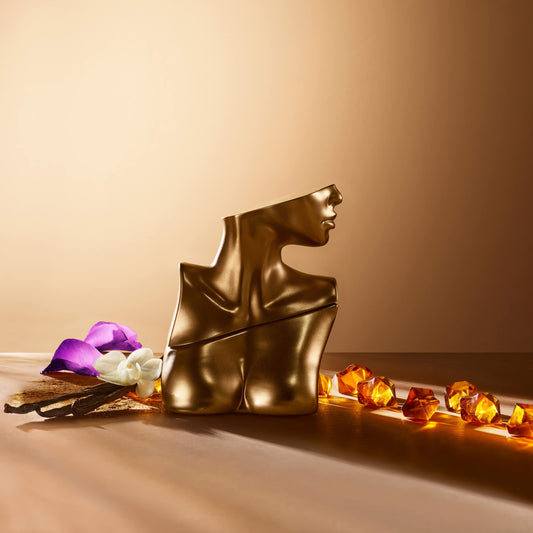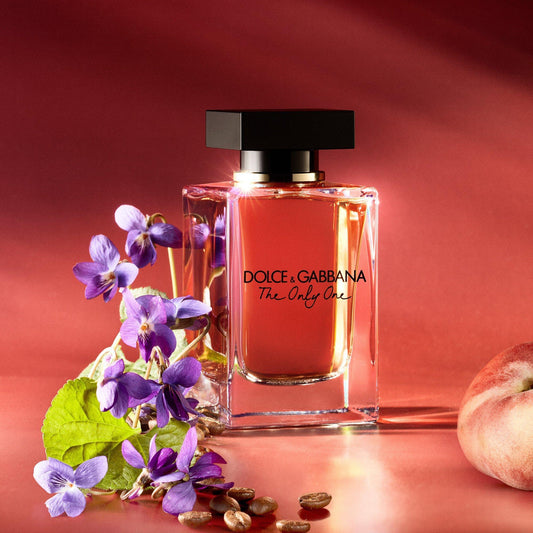Choosing the perfect perfume can be a delightful experience, but it can also be overwhelming with the myriad of options available. Whether you’re new to the world of fragrances or simply looking to refine your scent collection, this beginner’s guide will help you navigate the aromatic landscape and find a perfume that truly resonates with your personality and style.
1. Understand the Basics
Before diving into the perfume aisle, let’s cover the basics:
a. Fragrance Concentrations
Perfumes come in different concentrations, each with varying levels of intensity and longevity:
- Eau de Cologne (EDC): Lightest concentration, lasts up to 2 hours.
- Eau de Toilette (EDT): Commonly used, lasts around 4-6 hours.
- Eau de Parfum (EDP): Stronger than EDT, lasts 6-8 hours.
- Perfume (Parfum): Highest concentration, lasts up to 24 hours.
Choose a concentration based on your preference and how long you want the scent to linger.
b. Fragrance Families
Perfumes belong to specific fragrance families, such as floral, oriental, woody, citrus, and aquatic. Understanding these families will help you narrow down your choices. Here’s a brief overview:
- Floral: Fresh, feminine scents with notes of flowers like rose, jasmine, and lily.
- Oriental: Warm, spicy, and exotic fragrances with ingredients like vanilla, amber, and musk.
- Woody: Earthy scents featuring cedarwood, sandalwood, and vetiver.
- Citrus: Zesty and invigorating, with notes of lemon, orange, and bergamot.
- Aquatic: Clean and oceanic, reminiscent of sea breezes and water.
2. Discover Your Preferences
a. Test Different Scents
Visit a fragrance store and sample various perfumes. Spray them on your wrist or a blotter card. Allow the scent to develop over time (usually 30 minutes) to experience the full spectrum of notes.
b. Consider Seasonal Variations
Certain scents work better in specific seasons:
- Spring/Summer: Opt for light, fresh fragrances (citrus, floral).
- Fall/Winter: Choose warmer, spicier scents (oriental, woody).
3. Notes and Accords
a. Top Notes
These are the initial scents you smell when you apply the perfume. They’re fleeting and last only a few minutes. Common top notes include citrus, bergamot, and green leaves.
b. Heart (Middle) Notes
The heart notes emerge after the top notes fade. They form the core of the fragrance and last several hours. Floral, fruity, and spicy notes fall into this category.
c. Base Notes
Base notes are the foundation of the perfume. They appear after the heart notes and linger for hours. Ingredients like vanilla, musk, and sandalwood create depth and warmth.
4. Consider Your Lifestyle
Think about where and when you’ll wear the perfume. Is it for everyday use, special occasions, or work? Choose accordingly.
5. Test Longevity
Spray the perfume on your skin and observe how long it lasts. Remember that skin chemistry affects longevity.
6. Trust Your Instincts
Ultimately, choose a perfume that resonates with you emotionally. If it makes you feel confident, happy, or nostalgic, it’s the right one!
Remember, perfume is a personal expression, so take your time exploring and enjoy the journey of finding your perfect scent. Happy fragrance hunting! 🌸🌟




